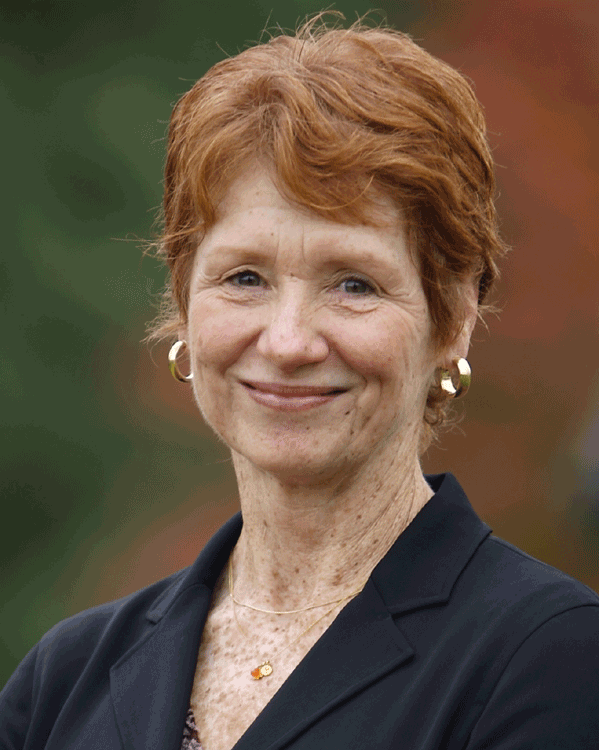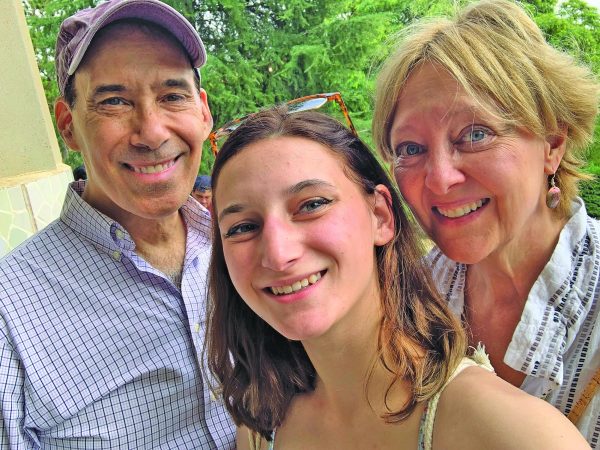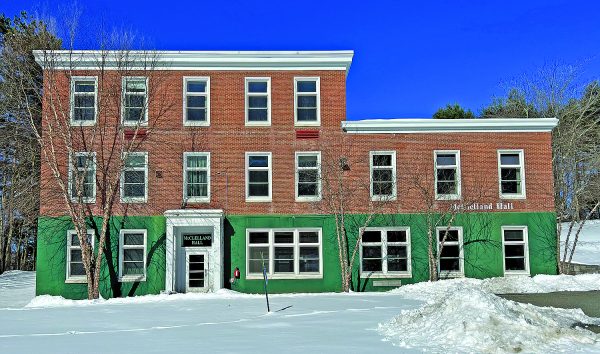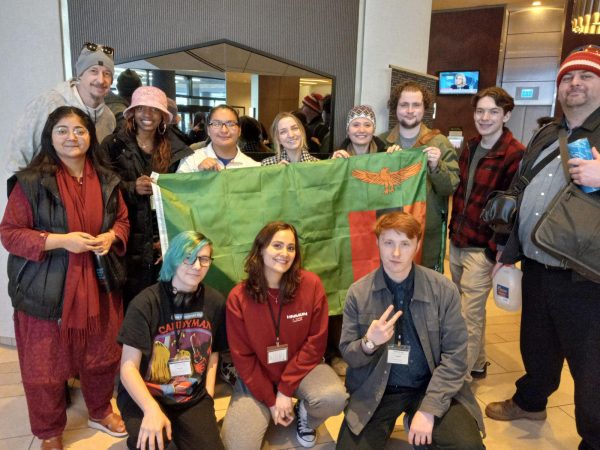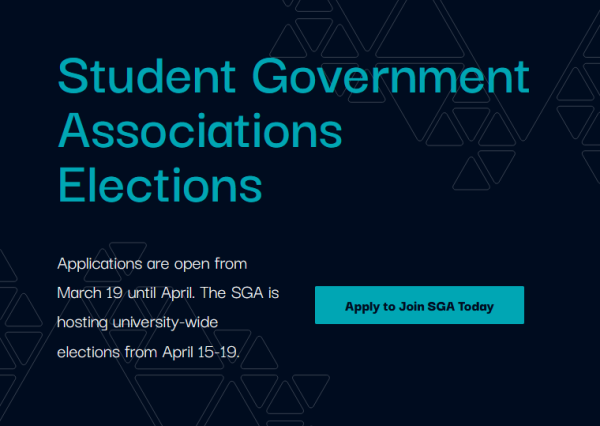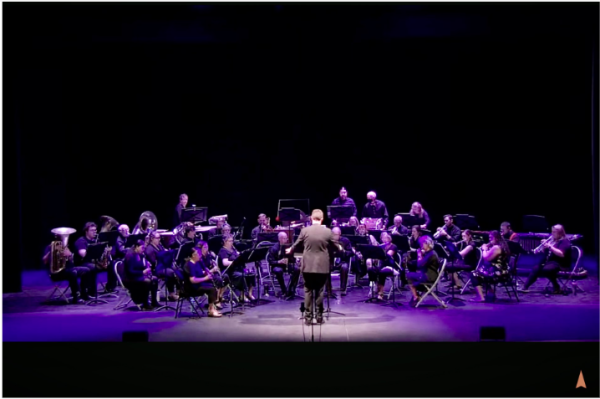Taskforce to look at budget woes
Johnson State College President Barbara Murphy
Students, staff, and faculty discussed ways to increase enrollment and pressure the Vermont Legislature as solutions to Johnson State College’s budget shortfalls, by promoting connectedness between all members of the JSC community, including alums and potential new students, during President Barbara Murphy’s budget talk on Thursday, March 6.
“People need to remind our legislators that we cannot do this without public support.”
— Johnson State College President Barbara Murphy
“It seems we need to find a way to get students who are actively involved on campus and feel like they live in a community,” said student Jess Simon, who almost left JSC because he didn’t feel connected to people on the campus. “We need commitment, and students who are proud to graduate from here.”
According to Murphy, the budget year runs from July 1 to June 30, and this year enrollment was down about 50 students, leaving an $800,000 gap in the budget. The problem with enrollment shortfalls is that they are cumulative, and net tuition, fees, and room and board make up more than 50 percent of the revenue coming into the college.
In 1980, 51 percent of the revenue supporting Vermont state colleges came from state appropriations, and 49 percent came from student tuition. Today, JSC only receives 16 percent of its annual revenue from state appropriations, leaving 83 percent of the revenue to be funded by students through tuition, room and board, and other fees.
Vermont now provides less state support to its state colleges than almost any other state.
“There are some good initiatives to get the Legislature’s attention on this,” said Murphy. “People need to remind our legislators that we cannot do this without public support. Just getting back to where we were in the 1980s would be terrific.”
Murphy said that this year’s budget will be balanced by June 30, through cuts in staff spending and reserves from last year, but preparing a balanced budget for the next academic year will be a challenge.
Murphy has set up a budget task force comprised of Dean of Student Life and College Affairs Dave Bergh, Director of Athletics Jamey Ventura, Professor of Environmental and Health Sciences Elizabeth Dolci, Professor of Business and Economics James Black, Director of Public safety Michael Palegonia and herself.
She said she is willing to take any ideas into consideration.
Murphy also said they will be combining advising with the registrar’s office to save expenses, because the whole record of student progress exists there, so it makes logistic sense.
A few of the staff and faculty also proposed looking at summer expenses, and whether offering more programs or camps during that time would be a viable option. “With the promise to get students out in four years, should we be considering running more classes in the summer?” said Professor of Health Sciences Karen Uhlendorf. “We have a very minimal summer academic program that doesn’t help students get out any earlier. We also don’t do much in the month of January. There is no winter term. Could we offer more courses there?”
Unfortunately, Murphy said there hasn’t been much interest for summer or winter courses in the past, but they do make money renting out buildings in the summer for different camps and conferences.
Others proposed convincing alumni to contact their legislators during the upcoming phone-a-thon if they can’t offer a donation. Uhlendorf also asked whether the Student Government Association could hold a phone-a-thon to contact more of their representatives and senators.
According to Murphy, the administration is counting on another 1 percent of new money from the Legislature, which would total $48,000, but they also have to think of other ways to draw in new students or somehow obtain more public funding.
“Projecting our current expenses and revenues, we have work to do to get to zero,” she said. “We have about a $2 million gap. Another 170 students or so, whether they are new or persisting, will just about solve that problem. It’s a problem that will have to be solved over time, but it’s doable.”
Kayla served as a general assignment reporter and photographer for the spring 2013 semester. She returned for the Fall 2013 and spring 2014 semesters...


